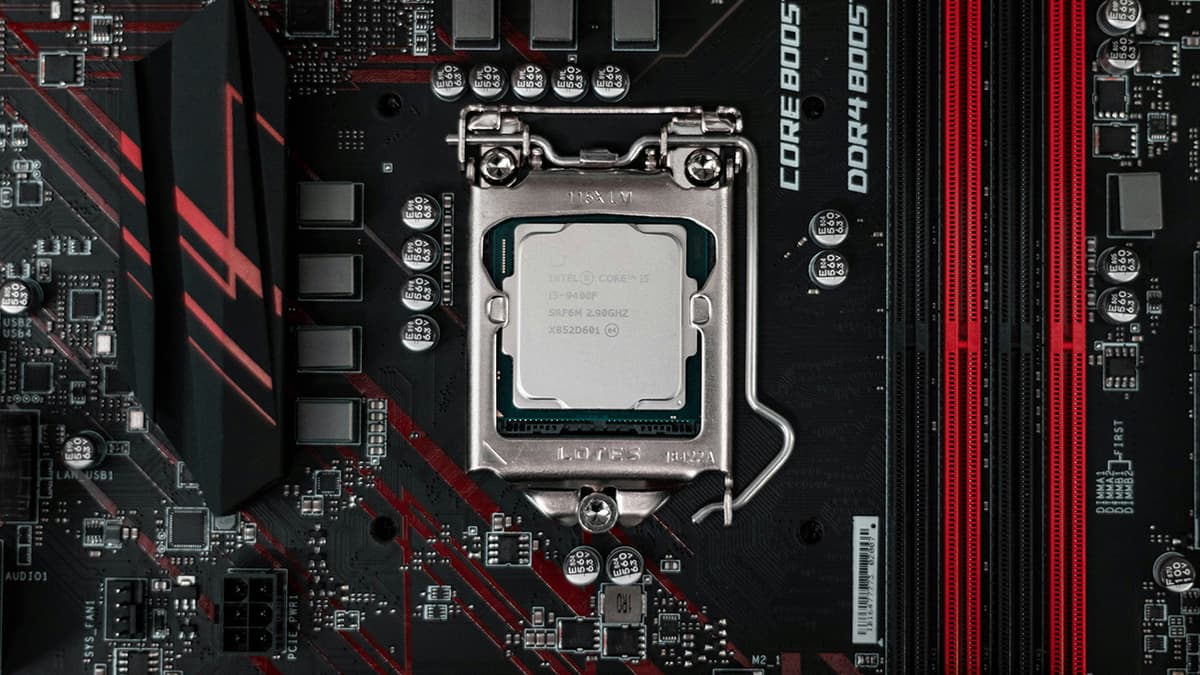Artificial Intelligence: Transforming Industries
Artificial intelligence (AI) is changing how many businesses operate. Its ability to analyze data, automate tasks, and make informed decisions is impacting many sectors. We will discuss the practical uses of AI in healthcare and finance.
AI in Healthcare: Improving Patient Care
AI is making important contributions to healthcare. From faster diagnoses to personalized treatments, AI is helping doctors and improving patient outcomes.
Diagnosis and Disease Detection
AI algorithms can analyze medical images (X-rays, MRIs, CT scans) to help doctors detect diseases earlier and more accurately. For example, AI can identify subtle signs of cancer that might be missed by the human eye. This allows for earlier treatment and better patient survival rates.
Personalized Medicine
Every patient is unique. AI can help tailor treatments to individual needs. By analyzing a patient's genetic information, medical history, and lifestyle, AI can predict how a person will respond to a specific treatment. This leads to more effective and fewer side effects.
Drug Discovery and Development
Developing new drugs is expensive and time-consuming. AI can speed up this process by analyzing large datasets of chemical compounds and biological data to identify potential drug candidates. It can also predict how a drug will interact with the human body, reducing the need for extensive laboratory testing.
Remote Patient Monitoring
Wearable devices and remote sensors can collect patient data such as heart rate, blood pressure, and sleep patterns. AI can analyze this data to detect any problems early on. This allows doctors to make timely interventions and prevent serious health problems. This is specially helpful for people in rural areas or with limited access to medical facilities.
Improving Efficiency in Hospitals
AI can automate a lot of administrative tasks in hospitals, such as scheduling appointments, managing patient records, and processing insurance claims. This removes the burden on healthcare professionals and allows them to focus on patient care.
AI in Finance: Enhancing Security and Efficiency
The financial industry handles huge amounts of data and faces constant threats from fraud and cybercrime. AI is helping financial institutions become more efficient, secure, and customer-focused.
Fraud Detection
AI algorithms can analyze financial transactions in real-time to detect fraudulent activity. They can identify patterns and anomalies that might indicate fraud, alerting banks and credit card companies to suspicious transactions. This protects both customers and financial institutions from financial losses.
Algorithmic Trading
AI-powered trading systems can analyze market data and execute trades more quickly and efficiently than human traders. These systems can identify trends and patterns in the market, making investment decisions in a matter of seconds. This can lead to increased profits and reduced risks for investors.
Risk Management
Financial institutions need to manage risk effectively to protect themselves from losses. AI can analyze large datasets of financial data to assess risk, identify potential threats, and predict market movements. This allows banks and investment firms to make better decisions and avoid costly mistakes.
Customer Service
Chatbots powered by AI are becoming increasingly common in the financial industry. These chatbots can answer customer questions, provide account information, and resolve simple issues. This improves customer satisfaction and frees up human customer service representatives to handle more complex inquiries.
Loan Approvals
AI can automate the loan approval process by analyzing a borrower's credit history, income, and other financial data. This allows banks to make faster and more accurate loan decisions, reducing the risk of default.
Considerations When Using AI
While AI gives many rewards, it is vital to consider the potential challenges and ethical considerations that come with its use.
Data Privacy and Security
AI systems rely on large amounts of data, so it is vital to protect sensitive information. Financial institutions and healthcare providers must guarantee that data is handled securely and that patient and customer privacy is always protected.
Bias and Fairness
AI algorithms can be biased depending on the data they are trained on. It is essential to be aware of and address any potential biases in AI systems to avoid unfair or discriminatory outcomes.
Job Displacement
AI can automate many tasks, which can lead to job displacement in some industries. It is crucial to prepare for this by providing training and support to workers who may be affected by AI.
Transparency and Explainability
It can be hard to learn how AI systems make decisions. This is a problem, specially in fields like healthcare and finance where trust is vital. It is necessary is to promote transparency and explainability in AI systems so that people can understand how decisions are made.
The Future of AI
AI is changing rapidly, and we can expect to see even more amazing applications in the future. AI will continue to transform industries, improve our lives, and create opportunity for improvement.












